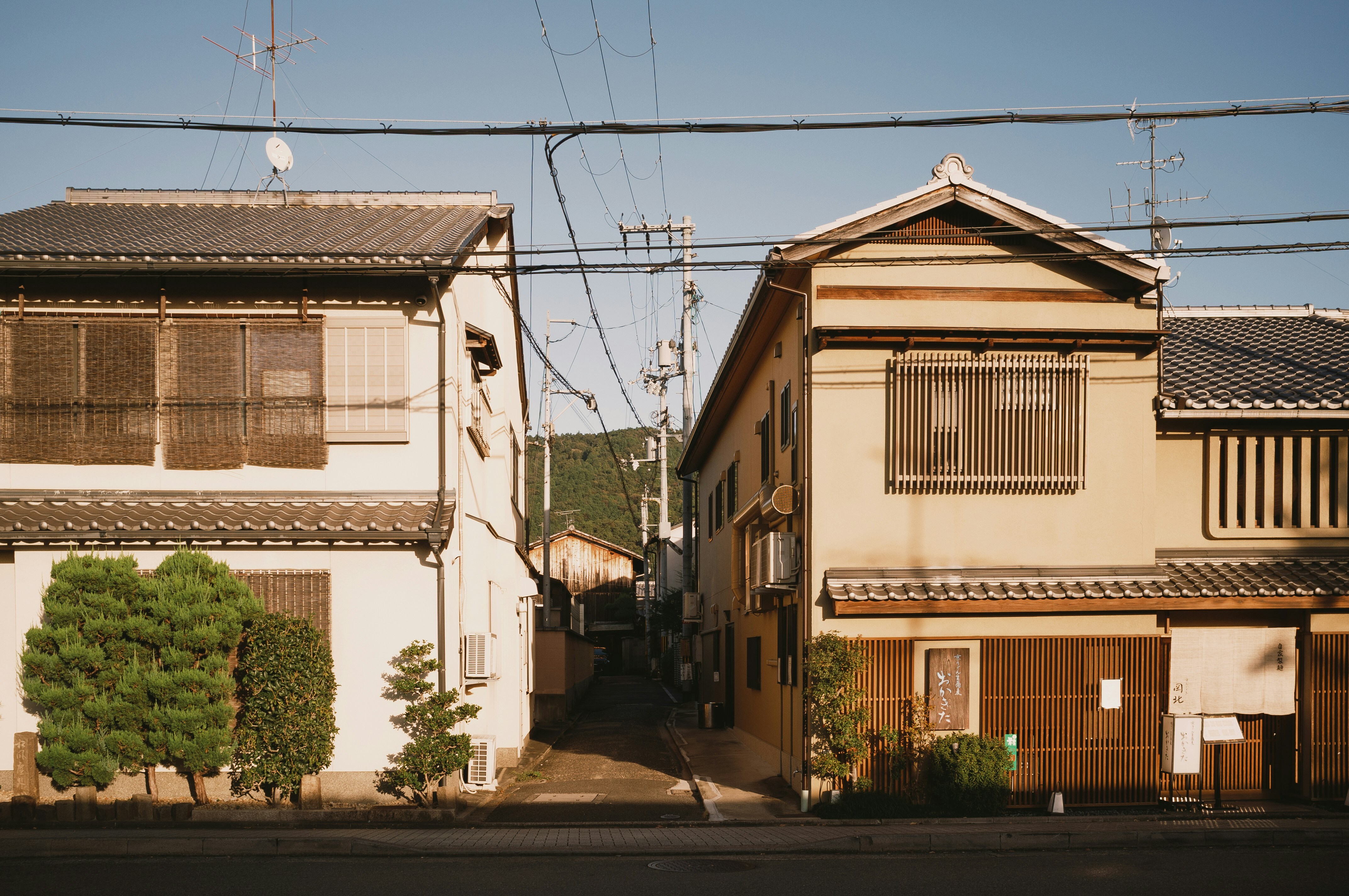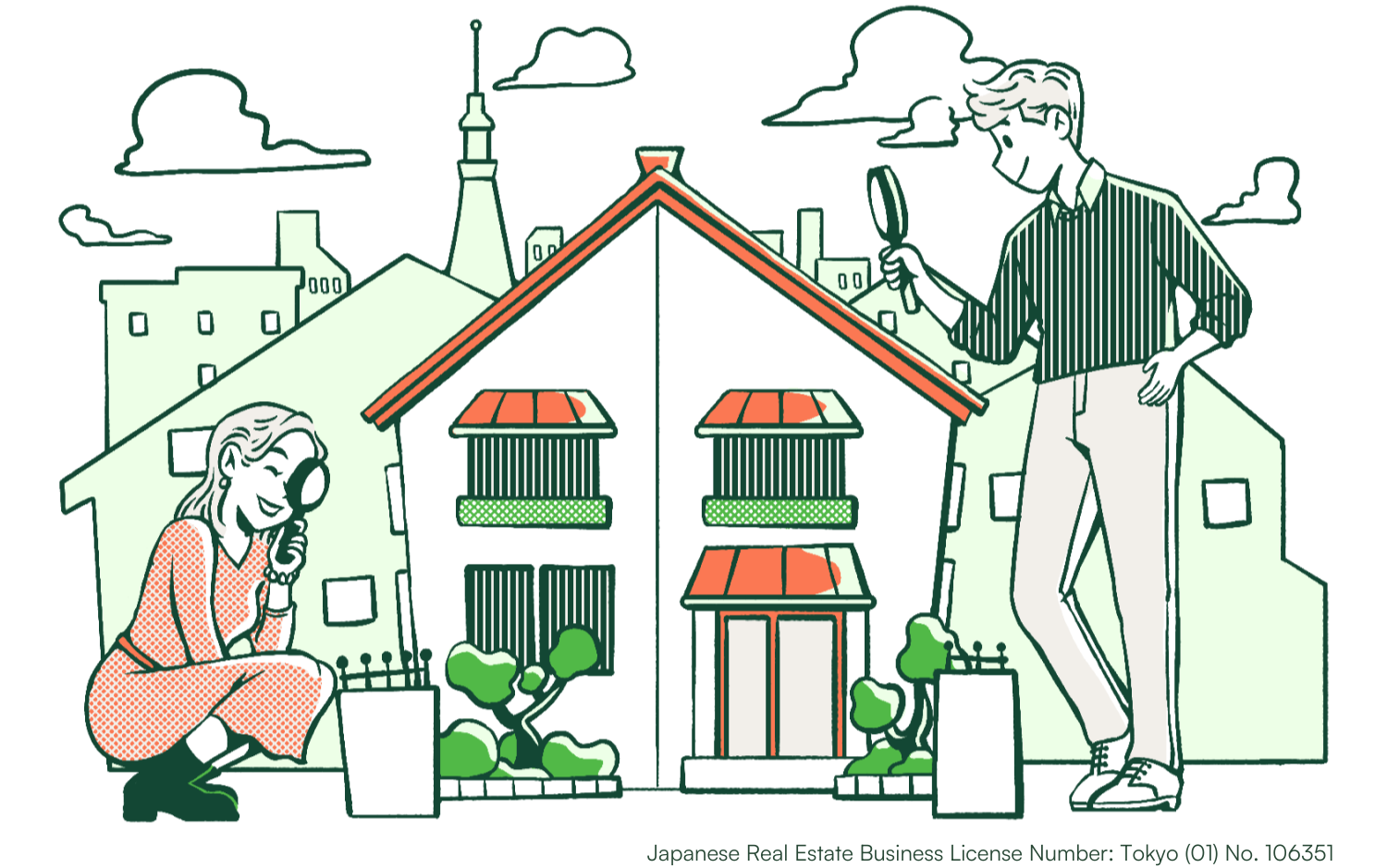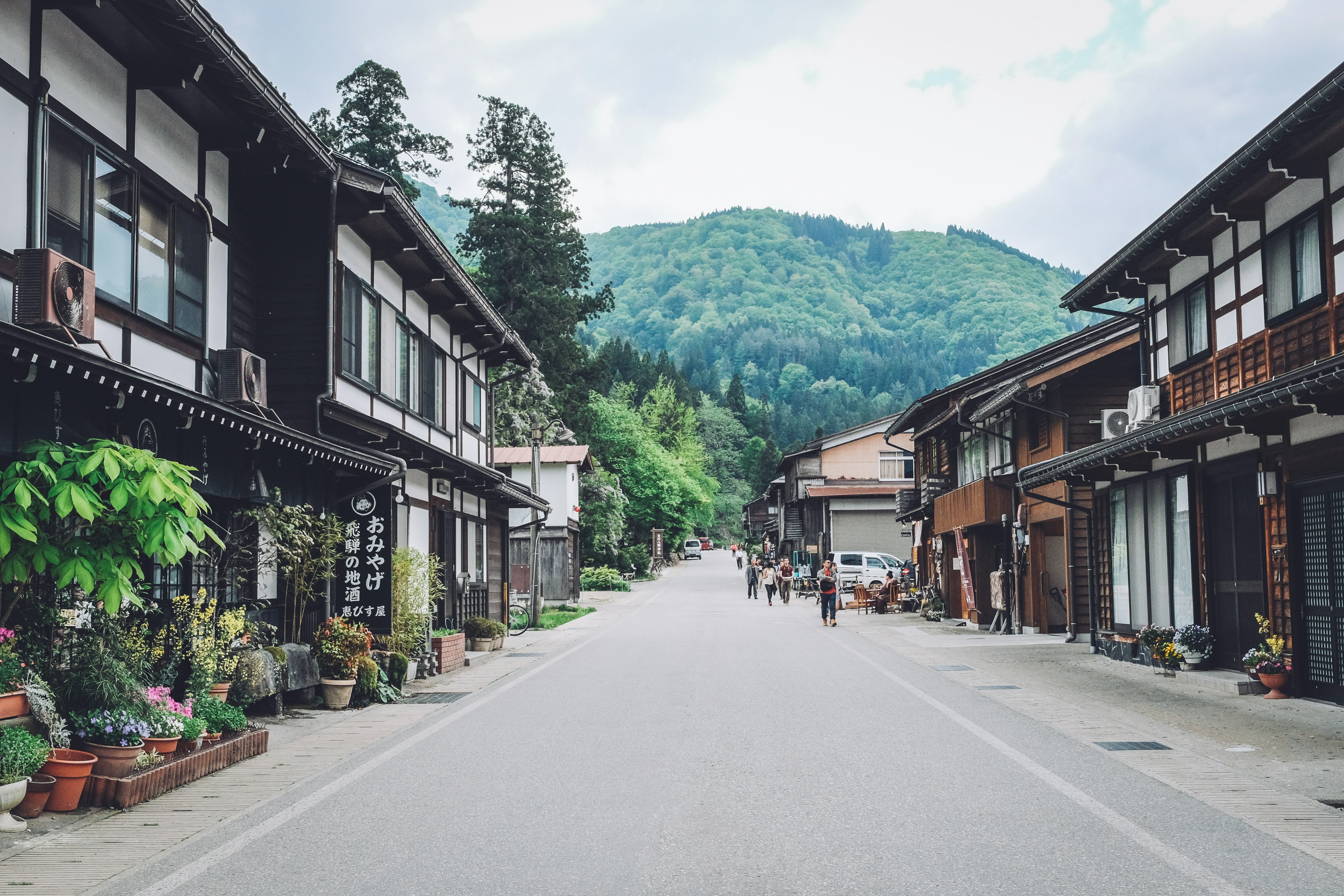
Which Area Should You Invest In? City vs. Countryside Properties in Japan
Are you thinking of investing in real estate in Japan? The area of your property can have a significant impact on your investment returns. Urban locations can pose higher returns but come with greater acquisition costs. While rural locations come with more affordable costs but offer lower liquidity. Choosing which aligns with your goals is key to a good investment.
목차
Japan has been a global real estate hotspot due to its numerous available opportunities, greatly influenced by its infrastructure and location. Each location presents its own set of challenges and advantages. These could either make or break your investment strategy, hence it is important to understand and explore the pros and cons of each – properties in the city versus those in the countryside.
The City Advantage: Diving Into Urban Investments
Tokyo and Osaka have been the top real estate destinations for local and international investors for the longest time. Their accessible transportation lines and continuously developing infrastructures have paved the way for increasing property value over the years, making them attractive investment options.
Here are key factors to consider when choosing to invest in properties in urban areas.
Pros
- Steady Appreciation. Major cities have experienced consistent growth in land and property value. According to a report by Reuters, Japan’s land prices rose the fastest in 34 years in 2024, with recovery spreading from urban centers to regional areas.
- High Demand. With businesses and major academic institutions mostly concentrated in cities, you can expect a continuous influx of professionals and students residing in these areas, providing a stable demand for residential and commercial real estate.
- Developing Infrastructure and Amenities. Urban areas have great access to lines of transportation and various services and institutions, enhancing their appeal to tenants and residents. Their infrastructure is also being updated more consistently, adding value to their properties.
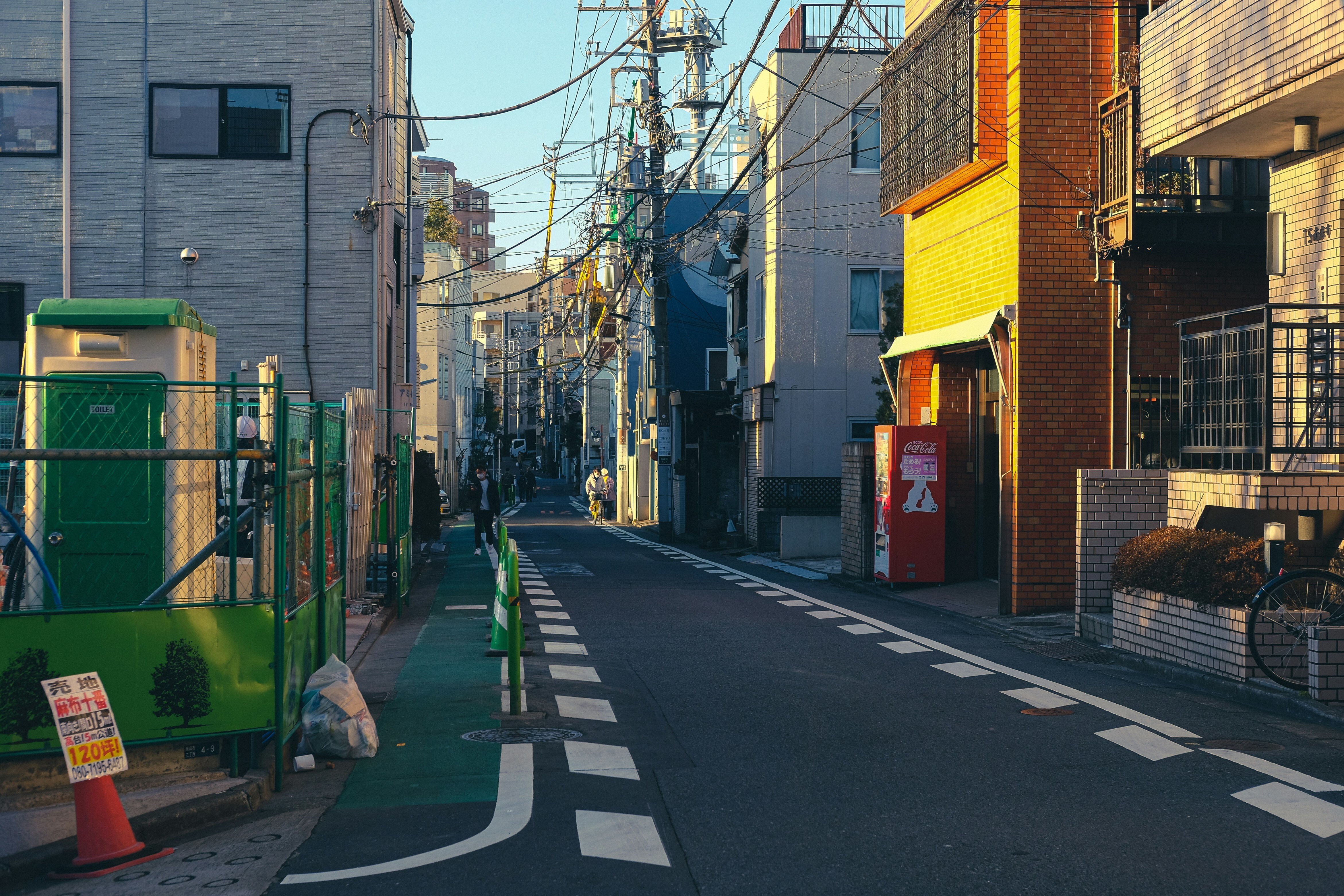
Cons
- Higher Entry Costs. Acquiring properties in the city can cost significantly more, especially for those in major cities. This makes the bar to entry higher for beginner investors.
- Very Competitive Market. The real estate market in urban areas is highly competitive which drives prices even higher. Because of this, finding undervalued properties can be very challenging.
- Potential for Overvaluation. With urban properties experiencing rapid appreciation, you are more likely to experience overvaluation This is risky in case of market condition changes since it could have a greater impact on your overall investment returns.
The Countryside Perspective: Exploring Rural Investments
The rural real estate market is a whole different investment landscape compared to the city. There is more room for growth, offering great potential for higher returns. With the urban market being more saturated, regional countryside areas are emerging as new real estate hotspots like Hokkaido, making local and foreign investors look beyond major cities like Tokyo. Like with every location, rural properties also offer a unique set of challenges and opportunities.
Pros:
- Affordable Prices. Rural properties have significantly lower prices. These also include abandoned homes which are increasingly becoming popular with foreigners. According to a report done by Akiya, Japan, some municipalities even offer incentives like subsidies or tax breaks to encourage the purchase of such properties.
- Potential for Customization. With lower purchasing costs, you can have more room for renovations to tailor the property according to your preferences or business endeavors.
- Engaging Community. Purchasing rural properties is advantageous especially if you are looking for a second home. The countryside has deeper community relations and being integrated into such a community can lead to a more unique cultural experience.
- Growing Attraction. The Japanese government has been putting more effort into developing the infrastructure of regional areas to drive more people into them. With such, there is a rise in demand for short-term rentals, especially for rural areas near tourist destinations.
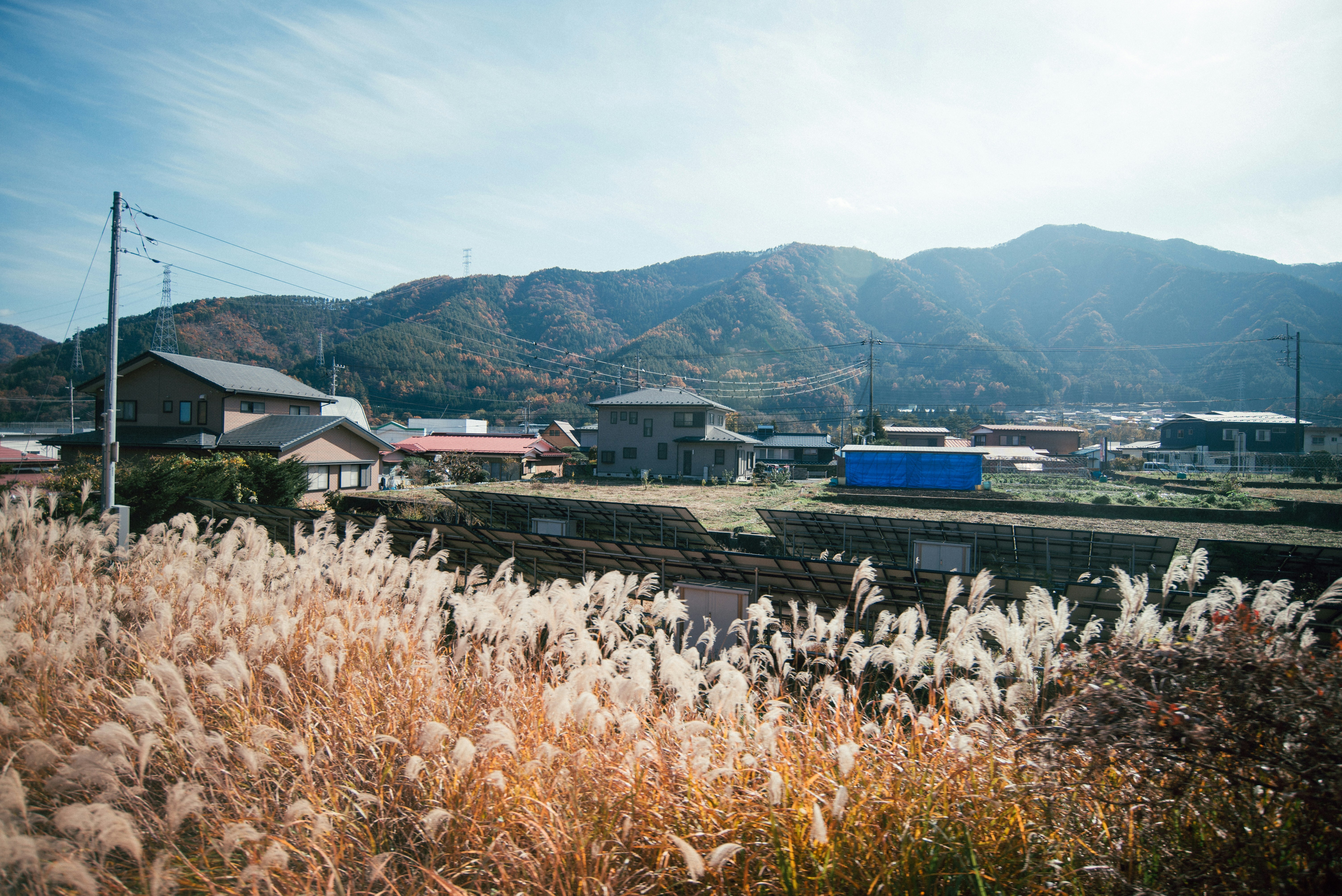
Cons:
- Concerns for Depreciation. Properties outside of major city centers in Japan often depreciate more over time due to the aging population and migration of residents to urban areas. This is a factor contributing to the rise of abandoned homes in the countryside.
- Limited Liquidity. Some rural properties can be challenging to sell, especially those farther from popular tourist destinations due to lower demand in those areas. This could lead to the property being on the market for longer periods of time.
- More renovation and maintenance costs. Although you have more room for customization, you can also incur higher costs for renovation as a lot of rural properties, especially abandoned homes, require significant renovations. Maintenance will also be more costly the older the structure of the property is.


